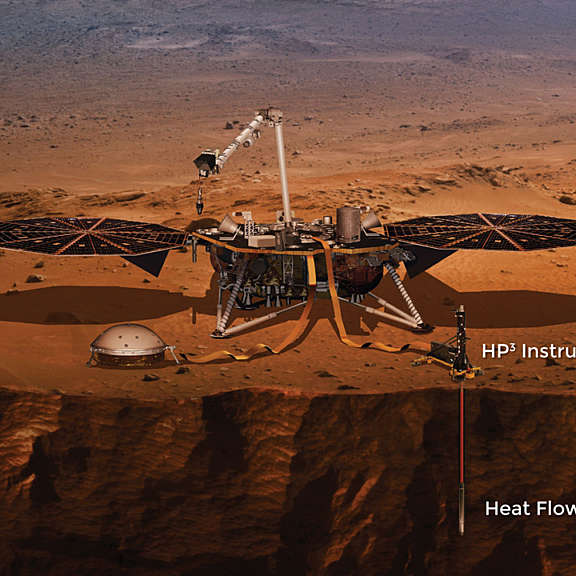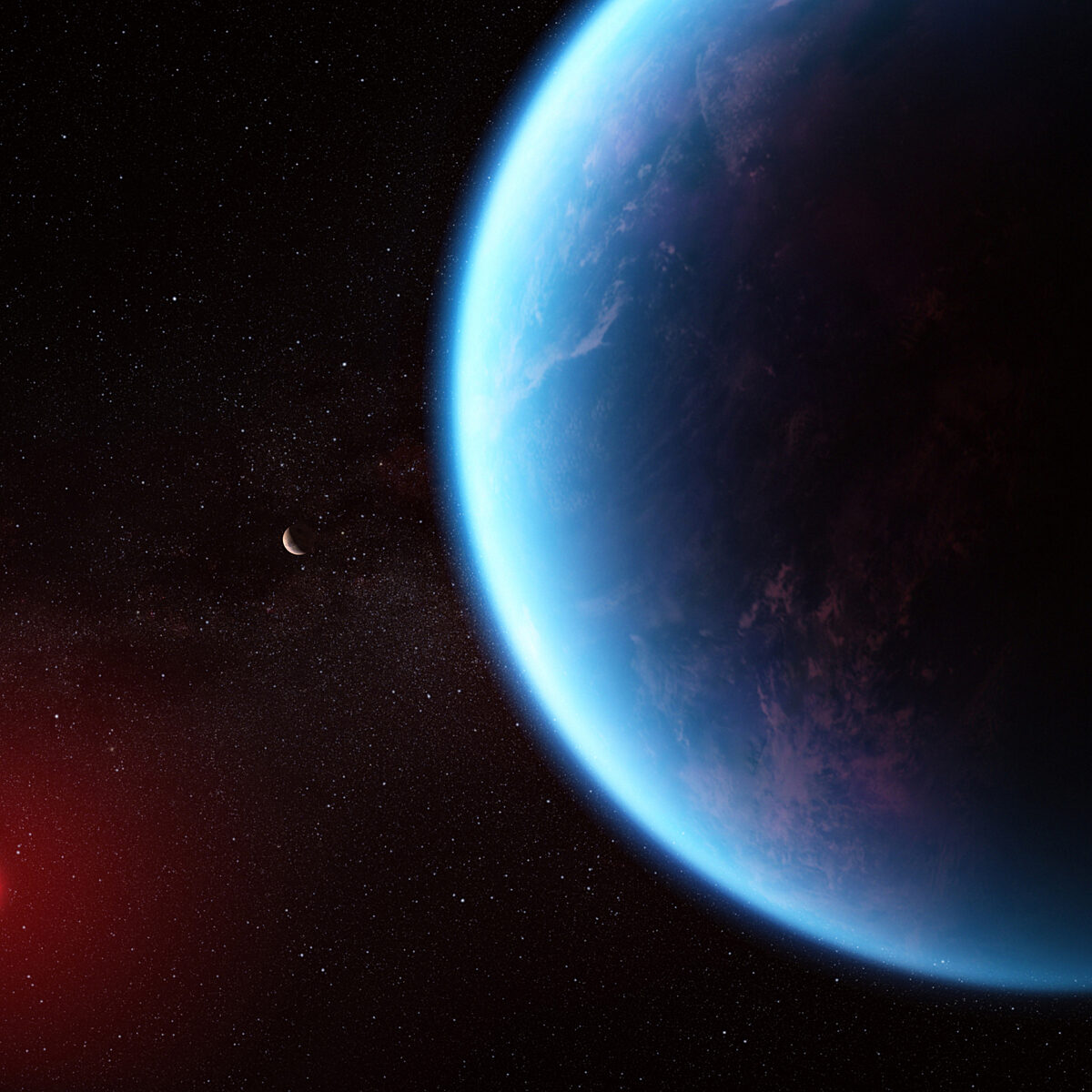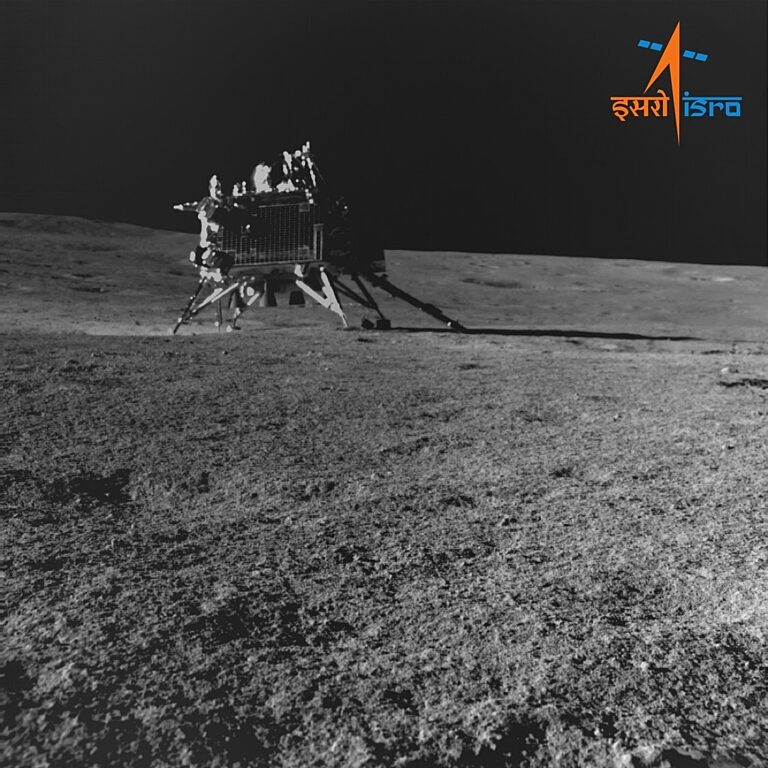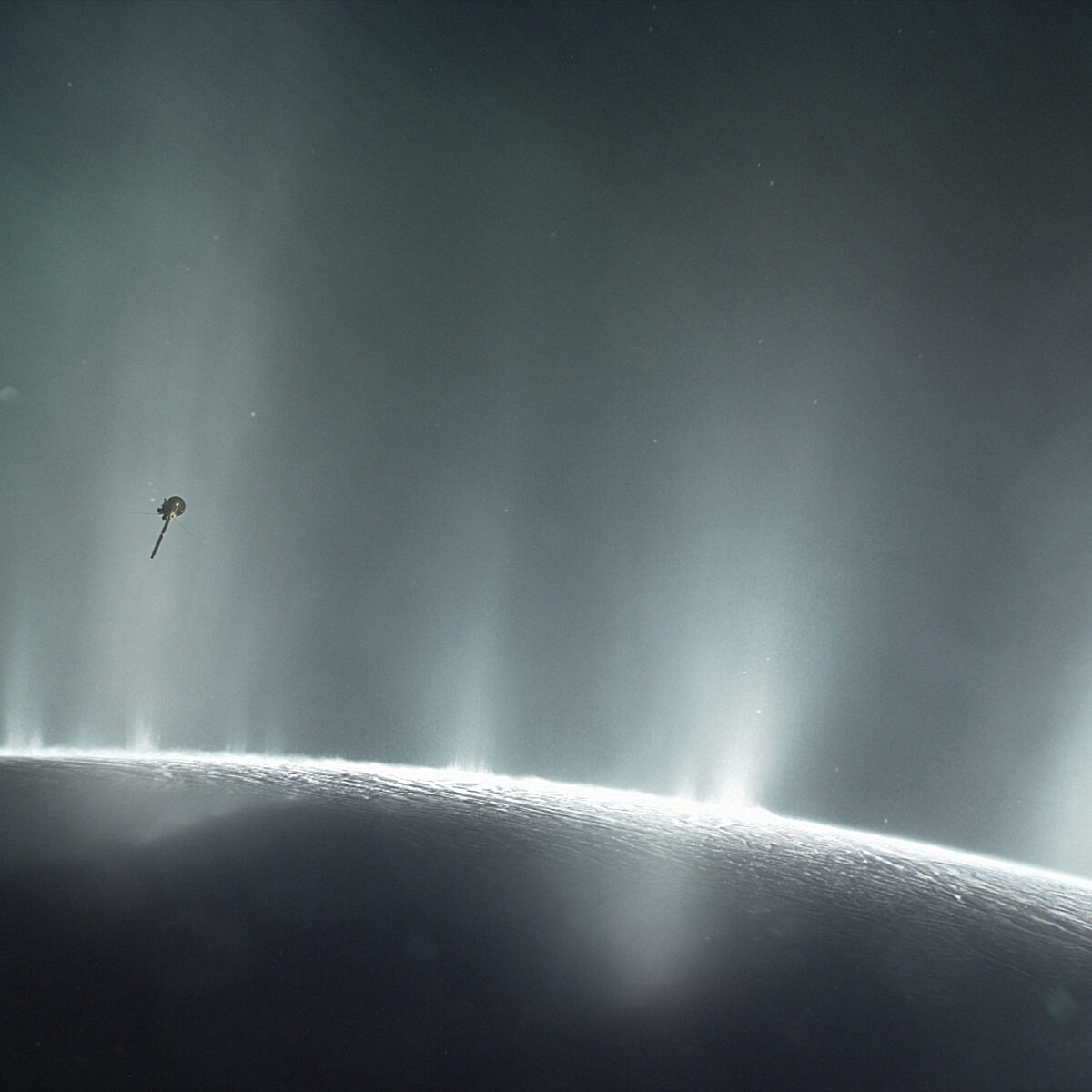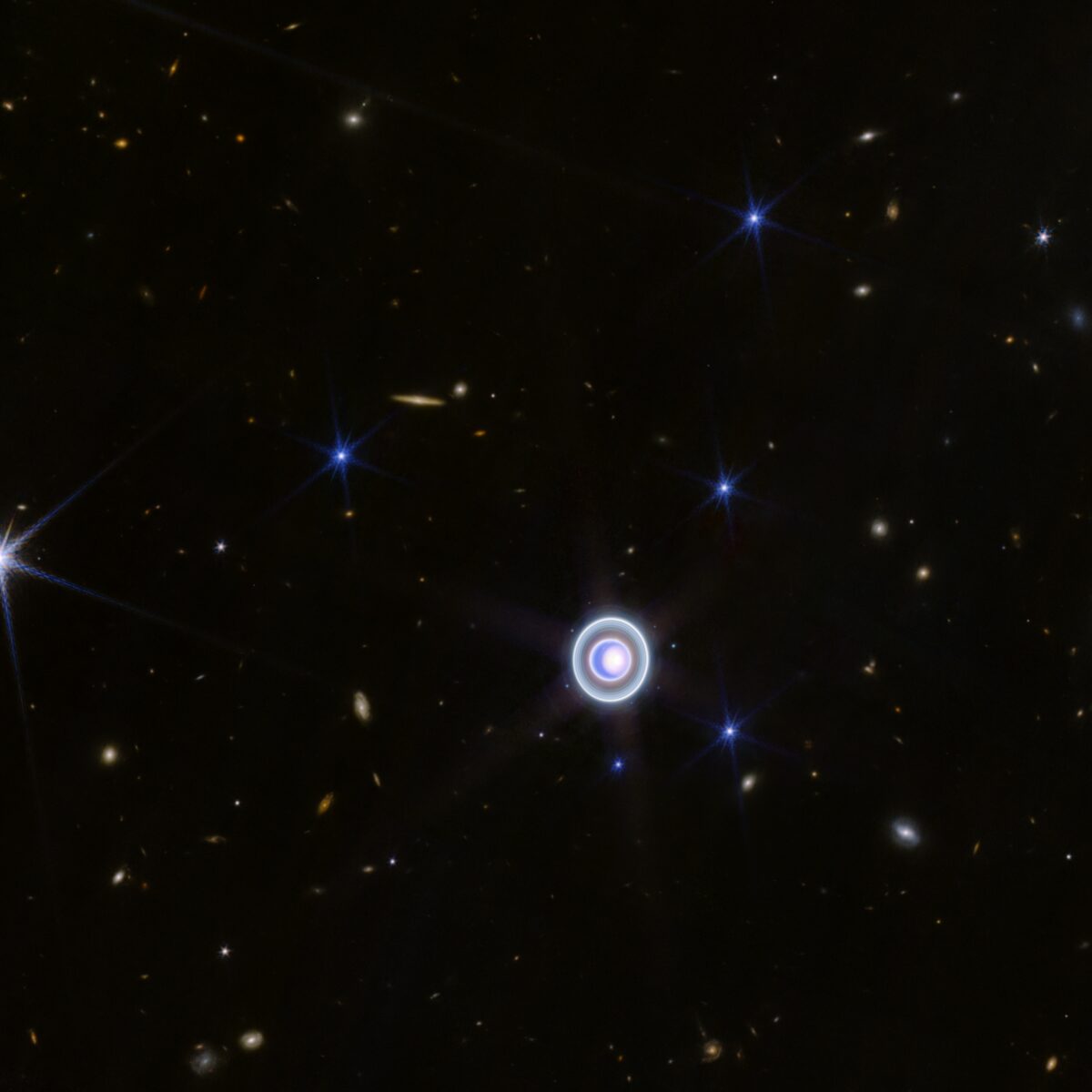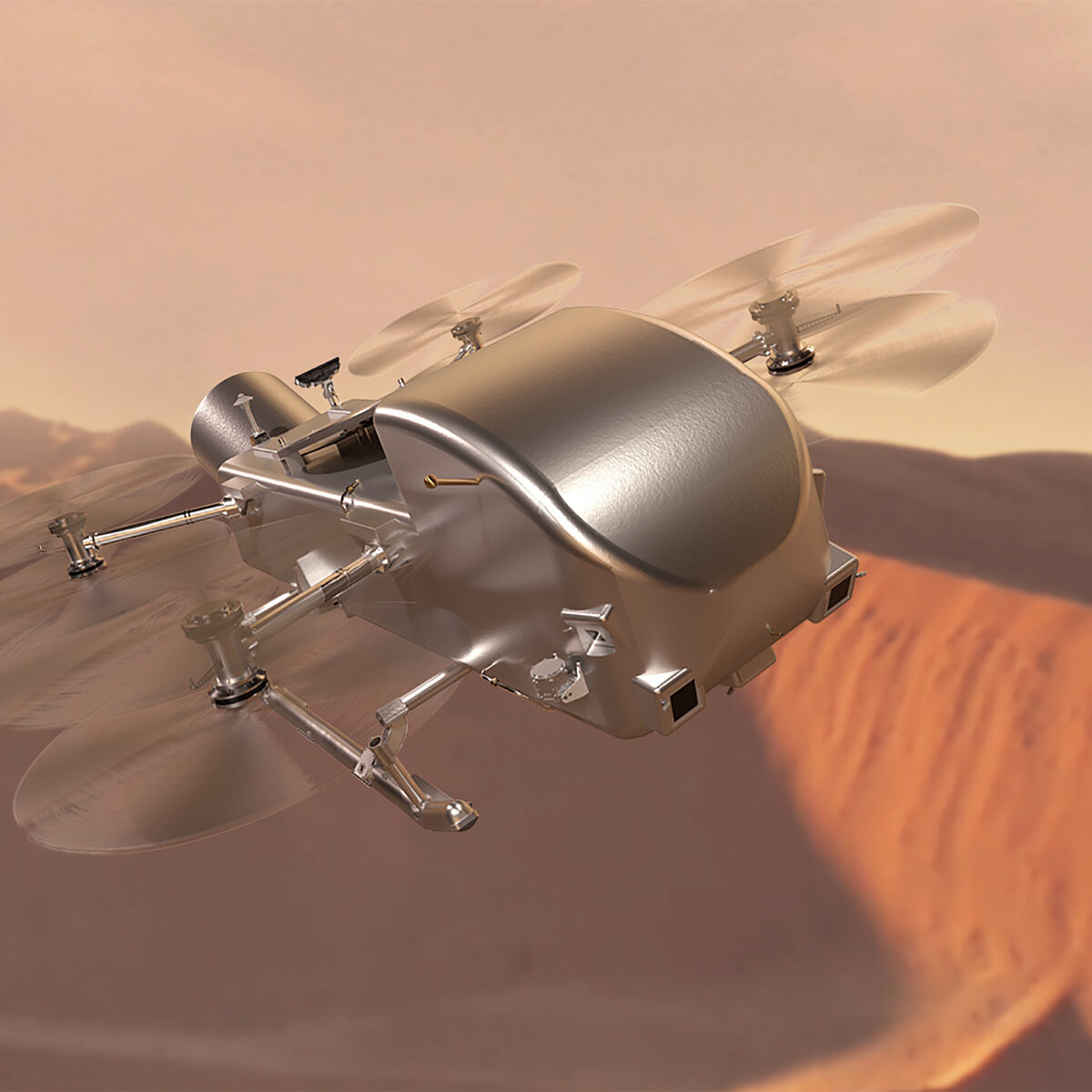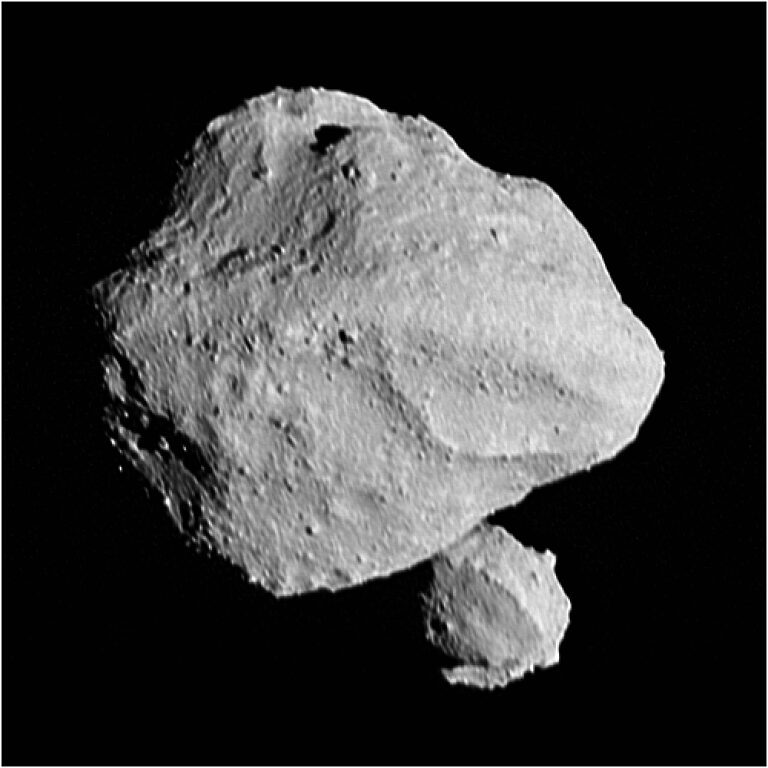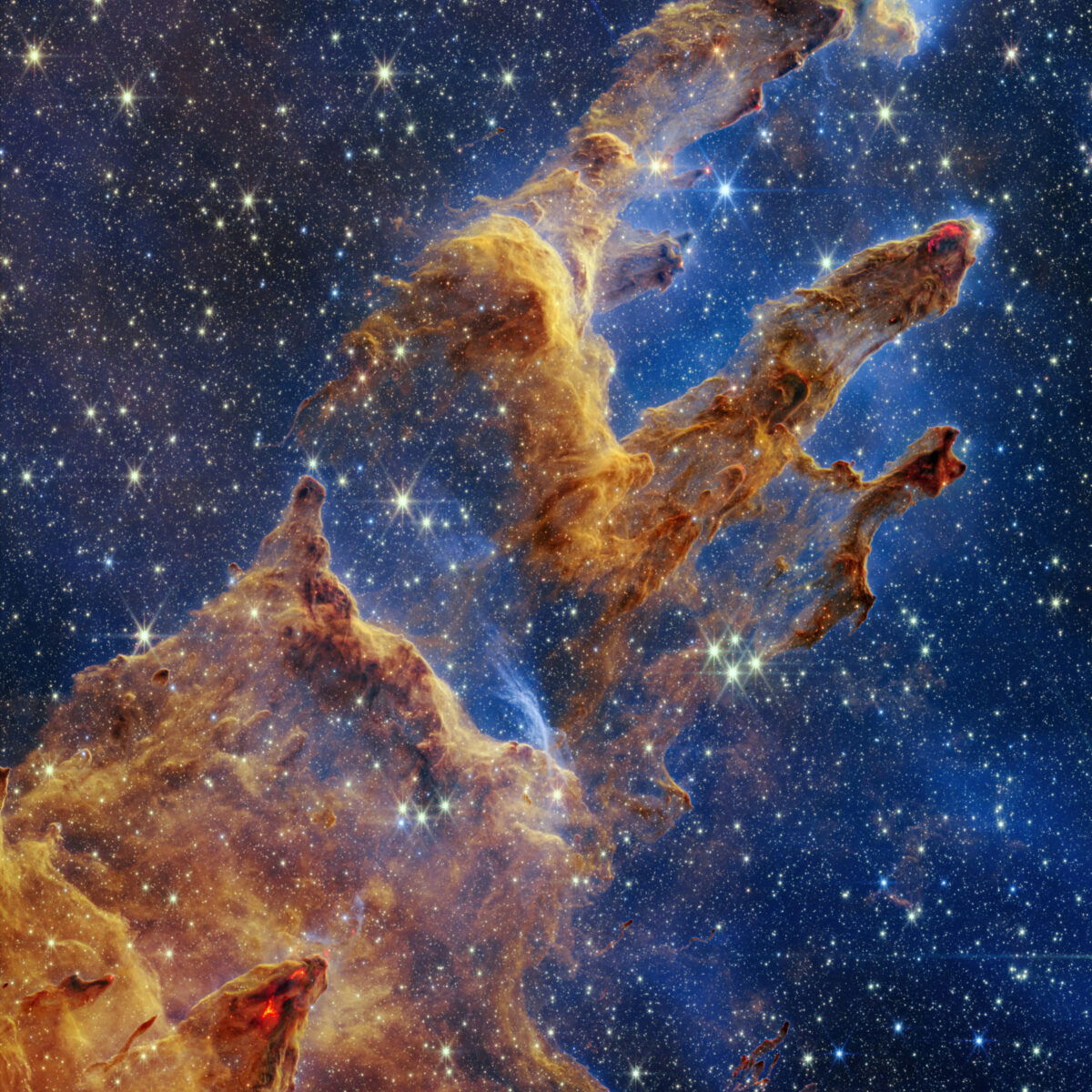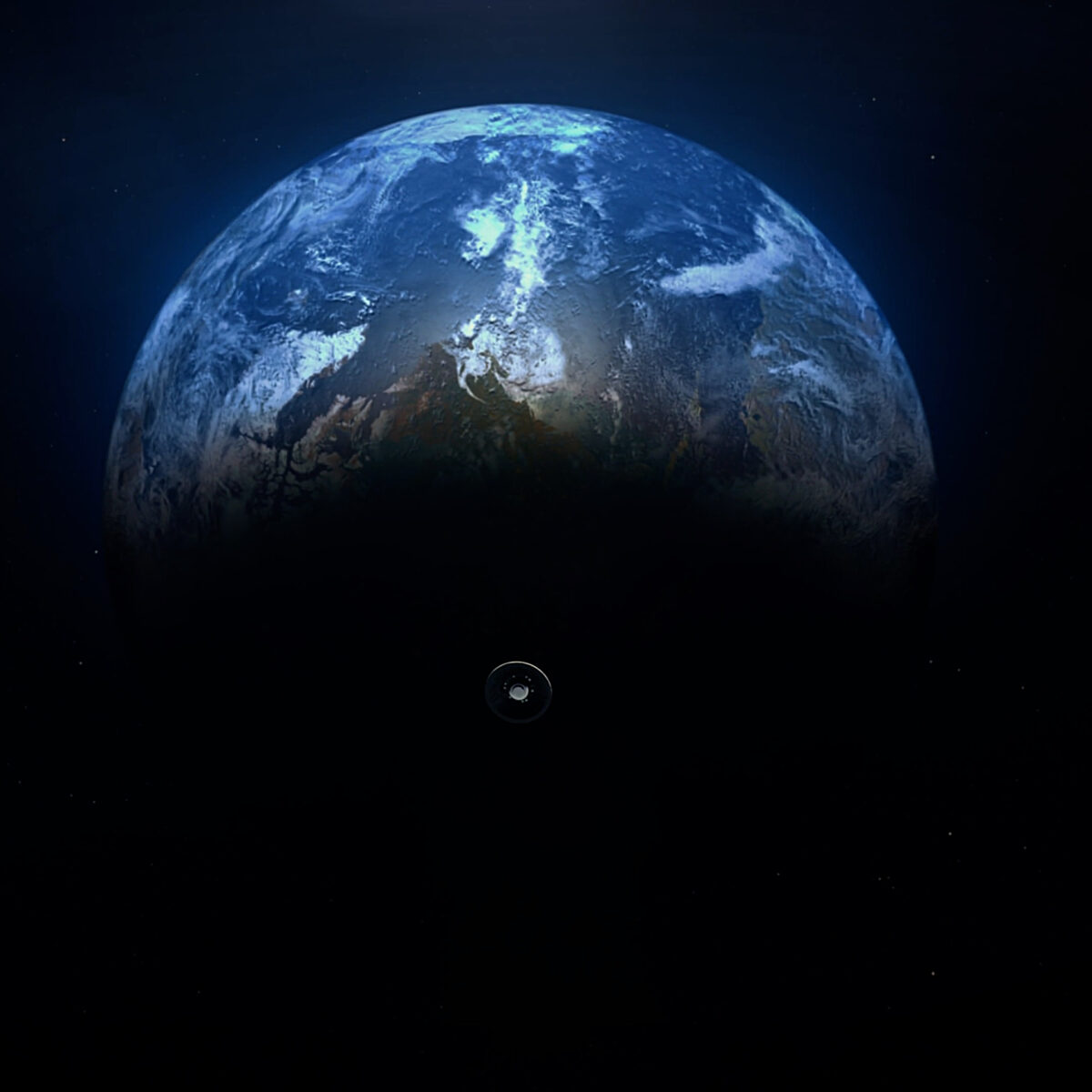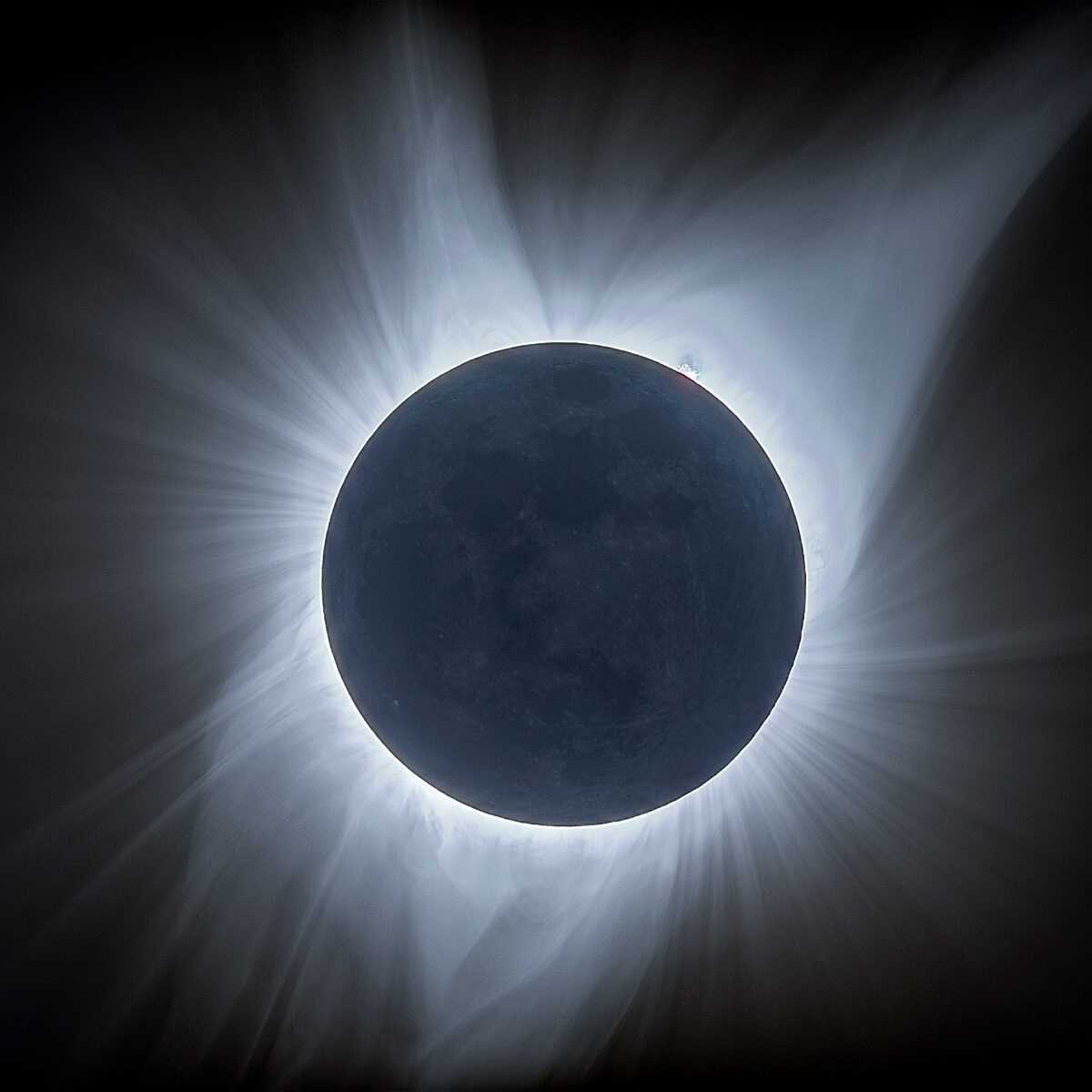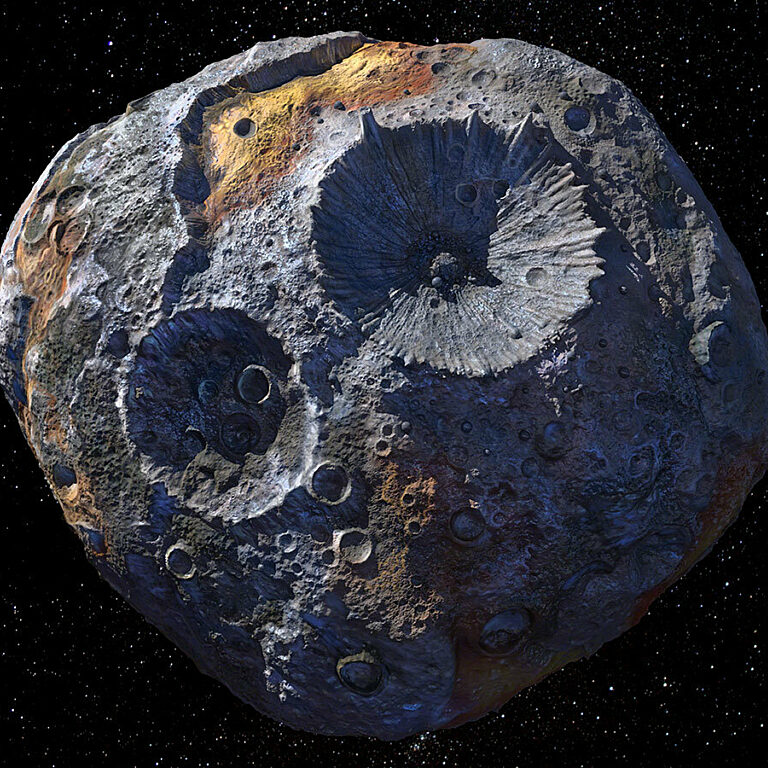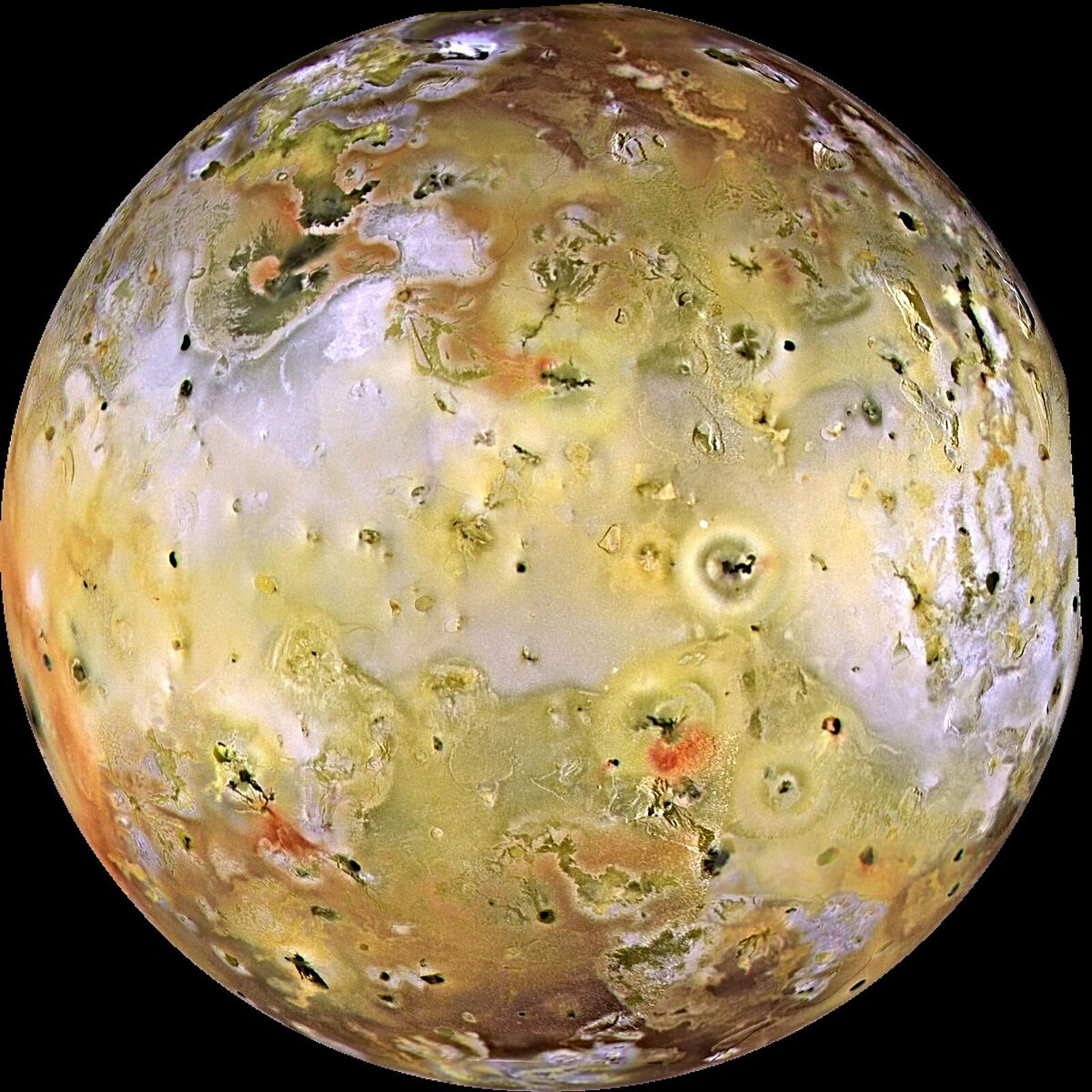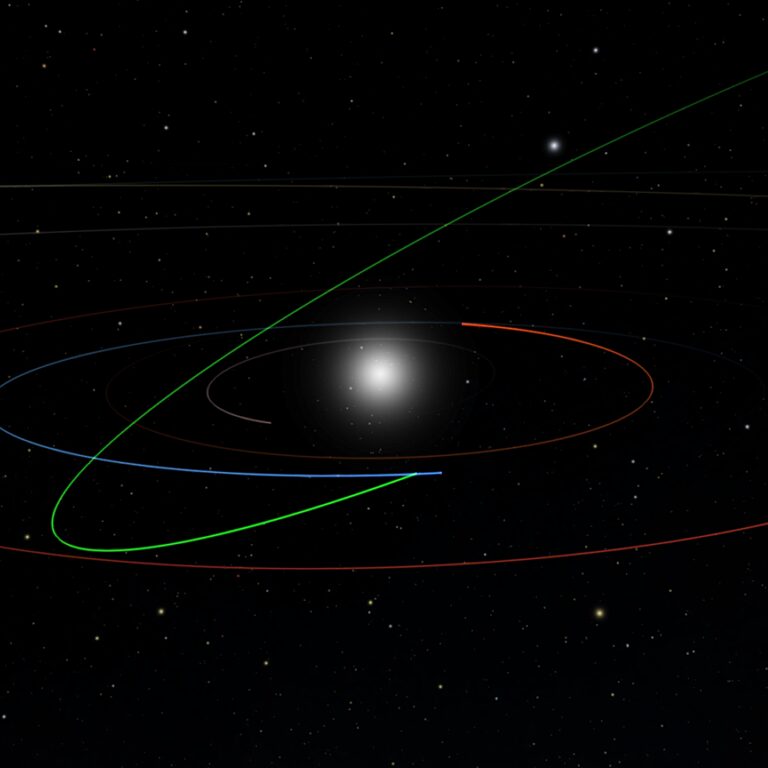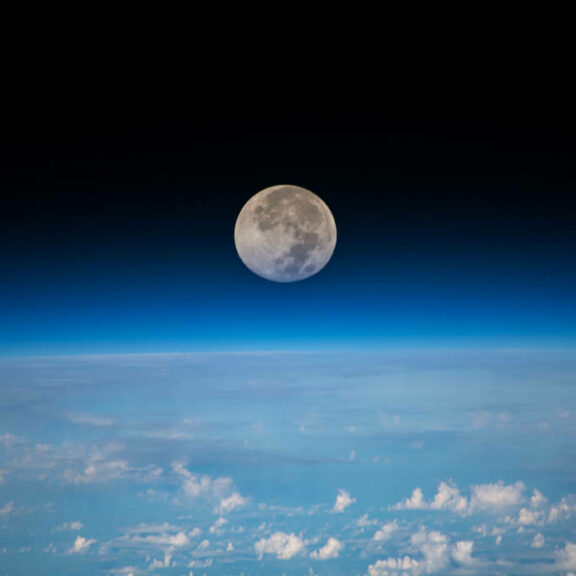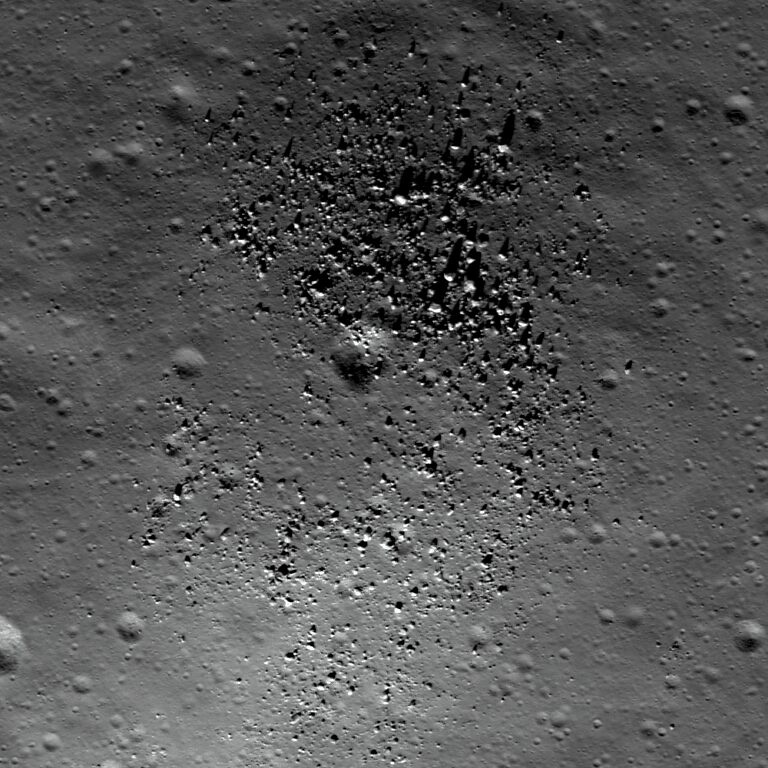Since 2002, Planetary Radio has visited with a scientist, engineer, project manager, advocate, or writer who provides a unique perspective on the quest for knowledge about our Solar System and beyond. The full show archive is available for free.
Search Planetary Radio
Sabine Stanley, author of the new book "What's Hidden Inside Planets?", discusses some of the amazing things that lie under the surfaces of the worlds in our Solar System.
Knicole Colón, the deputy project scientist for exoplanet science for JWST, joins Planetary Radio to discuss the detection of methane and carbon dioxide in the atmosphere of K2-18 b.
UK-based space writer Gurbir Singh, author of the book The Indian Space Programme: India’s Incredible Journey from the Third World towards the First, joins the show to help us understand India’s growing ambitions and capabilities in space.
Chris Glein, a lead scientist at the Southwest Research Institute, joins Planetary Radio to talk about the discovery of phosphorus in the oceans of Saturn’s moon Enceladus and the implications for the search for life.
Members of The Planetary Society staff revisit some of 2023's most exhilarating moments and groundbreaking discoveries in space this week on Planetary Radio.
NASA's Dragonfly mission to Saturn's moon Titan has been authorized to proceed with work on final mission design and fabrication. This week on Planetary Radio, we get an update on the mission's progress and new timeline.
Benjamin Fernando, a postdoctoral fellow from the University of Oxford, joins Planetary Radio this week to discuss the largest marsquake ever recorded and the international effort it took to pinpoint.
Hal Levison and Simone Marchi, the principal and deputy principal investigators for NASA’s Lucy mission, join Planetary Radio to discuss the spacecraft’s first asteroid flyby.
Nathaniel Kahn, an Oscar-nominated filmmaker and the director of Deep Sky, joins Planetary Radio this week to discuss the film's decade-long creation process and the magic of JWST images on the big screen.
NASA's Mars Sample Return mission is both a top priority and seriously troubled. Independent review board chair Orlando Figueroa joins us to talk about the challenges and what must be done.
Jesse Tomlinson and Stephen Watkins from The Eclipse Company join Planetary Radio to talk about their partnership with The Planetary Society and the launch of their new eclipse map for the upcoming 2024 total solar eclipse in North America.
Simone Marchi, co-investigator for NASA’s Psyche mission, joins Planetary Radio to share the creative ways their mission team is working to understand cratering on metallic worlds.
The InSight RISE instrument's principal investigator, Sebastien Le Maistre, from the Royal Observatory of Belgium, joins Planetary Radio to discuss Mars' increased rotation speed.
We celebrate NASA’s OSIRIS-REx mission’s successful return of samples from asteroid Bennu to Earth on this week’s episode of Planetary Radio.
Join Planetary Radio host Sarah Al-Ahmed on a trip to the 2023 NASA Innovative Advanced Concepts (NIAC) Symposium in Houston, Texas. This episode is part one of two.
Voyager project manager Suzanne Dodd and Voyager project scientist Linda Spilker discuss reestablishing contact with Voyager 2 and Carver Bierson from Arizona State University tells the tale of how Io went from a water-rich moon into a world with lakes of lava.
Mario Jurić and Ari Heinze from the University of Washington join Planetary Radio to discuss their team’s next-generation asteroid discovery algorithm, HelioLinc3D.
Kevin Trinh from Arizona State University joins Planetary Radio to discuss his research into Europa's formation history and the consequences for the moon's habitability.
Scott Pace, the prior executive secretary of the National Space Council, discusses why Artemis is of strategic value to U.S. national interests — and why the Moon is unique as a destination to drive global space exploration.
Matt Siegler from the Planetary Science Institute shares his team's surprising findings about the granite formation that might lie beneath Compton-Belkovich, a thorium-rich hot spot on the far side of the Moon.


 Explore Worlds
Explore Worlds Find Life
Find Life Defend Earth
Defend Earth


